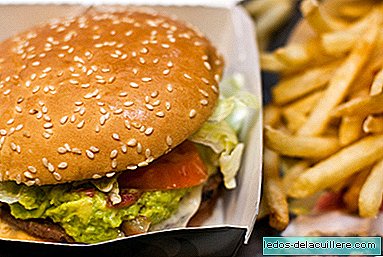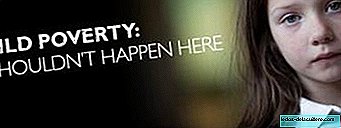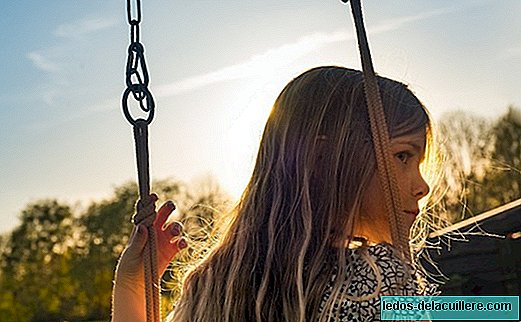Every day we see more clearly that Hunger in the world and global warming go hand in hand. There are things we could do as citizens and as parents and yet Are we going to leave this problem to our children or do we take it seriously at once?
That is why since 1979, the United Nations tried to move consciences, marking the calendar on October 16 as World Food Day.
It is about strengthening solidarity worldwide in the fight against hunger, malnutrition and poverty. A fight that since 1979, is still just as current.
We are changing the climate with our way of life and experts point out that this is affecting agriculture worldwide and therefore the food of all human beings.
Growing food in a more sustainable way, more respectful of the environment, respecting and taking care of natural resources much more than what has been done so far, is essential.
Because also, on the other hand, the world population does not stop growing and it is estimated that by 2050 we are in the 9.6 billion people.
In September 2015, the United Nations Sustainable Development Summit achieved that 193 countries committed to ending world hunger in the next 15 years. It is an ambitious goal set for 2030 that can also be achieved only if at the same time it is possible to face the tremendous problem of climate change.
Think global, act locally

Our responsibility as citizens is to demand that food systems are gradually adapted and made sustainable, that rural investment be invested and small farmers are supported.
But in addition, we have a huge responsibility as parents, we have much to teach our children for their own future.
- Many schools, for example, are considering the inclusion of agriculture as a subject in their curricula. It is a way of involving children in the modes of production of fruits and vegetables, knowing food and how to produce them, leads them to consume them more and respect the natural environment more. And there are few schools that have a small garden in which children participate actively.

It is easy to realize that the more and better we know how to cook, the more and better we will feed and even less waste we will generate in our kitchens. We take much better advantage of the food than to prevent it from ending up in the garbage can and better organize our pantry and therefore our economy. All that in addition, we can do it making children part of it
This year 2016, is the international year of legumes. Learning to recognize them, talk about them, know their origin and their nutritional characteristics and of course, cook and enjoy them, is something we should do for the health of our family and the education of our children. There are many ways to learn beyond books and any excuse is good to get them going.
Taking advantage of legumes, learning to cook them and using and cooking food such as cheese, we could reduce the amount of animal protein in our diet and that of our children. Something that is good for us, for our health and that also affects the fight against global warming in a very positive way.
Something fundamental always to educate our children is the example we give them with our behavior. If we want them to eat in a healthy way, they will have to see us eat healthy too. In addition, it is good that we bear in mind that the “foods” directed to the children, to our children, are not usually the healthiest that we can offer them.

- The fewer processed products we consume, the better for our health, it will always be healthier to prepare a delicious homemade cake with our children for breakfast or snack or to cook some chocolate dessert together for example for a more special day, to buy a processed product , full of packaging and waste and loaded with excess sugar, the less of these, the better for everyone including the planet.












